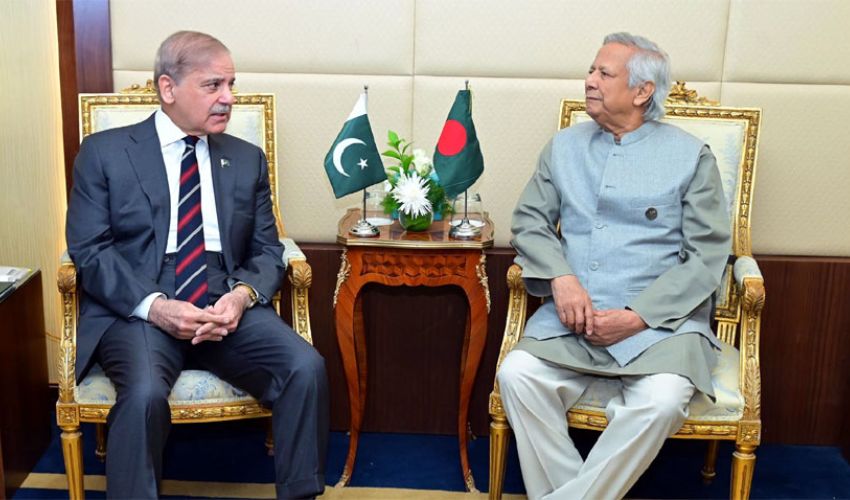In a bid to fuel economic recovery and foster development, Pakistan is opening its doors wide to foreign investors, offering a treasure trove of opportunities across various sectors.
The Special Investment Facilitation Council (SIFC) and the Foreign Direct Investment Authority (FDA) are at the forefront of this initiative, aiming to attract a minimum of £48 billion in foreign direct investment over the next five years.
Spearheading this ambitious agenda is Prime Minister Kakar, who has pledged to cut through bureaucratic red tape and ensure foreign investment approvals are completed within a swift 15-day timeframe.
The SIFC has already pinpointed more than 30 projects in priority sectors, including energy, minerals, agriculture, and information and communication technology (ICT), inviting potential investors to join hands in these transformative ventures.
One notable project under the SIFC umbrella is the £5.6 billion mining investment led by the Canadian multinational Barrick Gold Corporation in Rekodik, Balochistan.
This strategic move is set to unlock the vast potential of the region, rich in resources such as chromite, nickel, emerald, gold, copper, coal, lithium, and rare earths crucial for green energy technologies.
Pakistan's energy landscape is also undergoing a significant transformation with a focus on renewable sources. Numerous wind, hydro, and solar projects, equipped with modern battery storage, are in the pipeline.
The goal is to increase total energy production from 31% to an impressive 62% by 2031. Geographically positioned at the crossroads of Central South and West Asia along the Indian Ocean coastline, Pakistan is poised to become a global gas corridor.
One of the key milestones in this endeavor is the 1,800 km Turkmenistan-Afghanistan-Pakistan-India (TAPI) pipeline.
This monumental project will provide access to Turkmenistan's vast gas reserves and strengthen global energy connectivity. Additionally, new liquefied natural gas (LNG) terminals at Gwadar port are in the works, facilitating the export of LNG to markets in Japan and Europe.
The agricultural sector, a backbone of Pakistan's economy, is also undergoing a revolutionary change to attract foreign investment. The new rules allow foreign investors to own 100% corporate farms, providing them with the freedom to lease and transfer land. This policy shift signifies a pivotal role for foreign investment in shaping the future of Pakistan's agriculture.



























